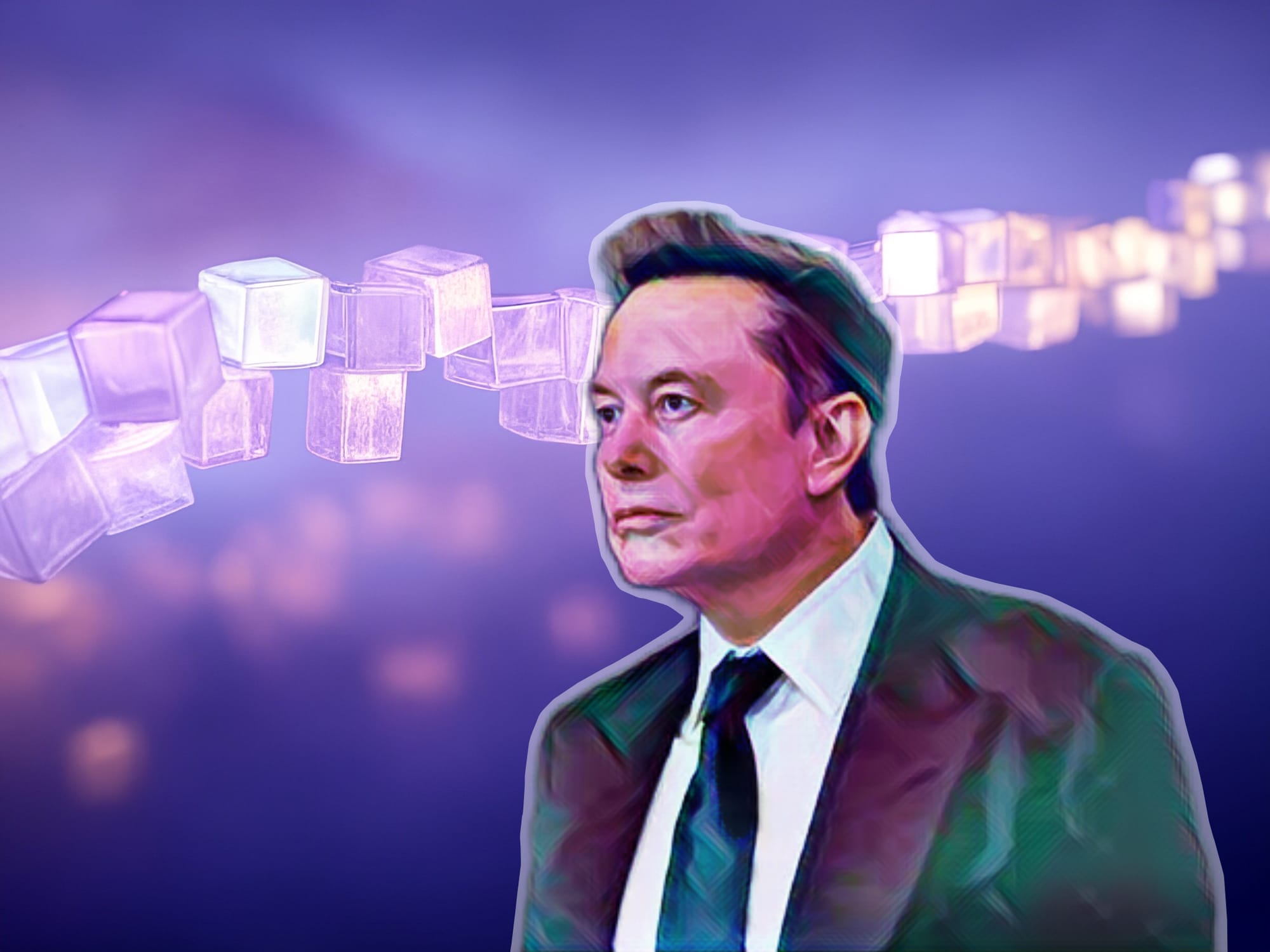Elon Musk Pushes Forward the Idea of Integrating the U.S. Treasury with Blockchain

Elon Musk is continuing his push for a revolutionary idea that could transform the landscape of financial governance in the United States. The tech visionary, known for his audacious innovations, is championing the integration of the U.S. Treasury with a cryptocurrency blockchain to enhance tracking, accounting, and overall transparency. This move, Musk argues, could fundamentally address the issues of fraud and inefficiency that plague government spending.
Musk’s proposal emerges from his recent critiques of the Treasury’s operations, where he accused officials of facilitating fraudulent payments—an act he claims breaks the law. His solution is as bold as it is innovative: harness the power of blockchain technology.
Yes!
— Elon Musk (@elonmusk) February 2, 2025
Musk, in a reply to the idea of putting the U.S. Treasury on a blockchain, said a resounding “Yes!” This isn’t the first time Musk has floated this idea, where recently it was reported this is something he is already considering.
Known for its immutable and transparent ledger system, a blockchain could revolutionize how the government manages its finances. Every transaction, every dollar spent, would be recorded publicly and securely, creating an immutable record that citizens can trust and scrutinize, which cannot be tampered with. This transparency is crucial in an era where trust in government institutions is often questioned, and Musk’s idea aims to rebuild that trust from the ground up.
Revolutionizing Government Finance Through Blockchain
The implications of Musk’s proposal extend beyond mere fraud prevention. By integrating a blockchain, the U.S. Treasury could streamline its processes, eliminating the need for cumbersome intermediaries and reducing the errors that come with manual paperwork. Real-time updates and verifications would become the norm, ensuring that financial data is not only accurate but also immediately accessible. This technological overhaul could significantly boost efficiency within government operations, a sector traditionally slow to adopt cutting-edge solutions.
Moreover, Musk’s vision taps into the broader potential of blockchain, a technology that has thus far been predominantly associated with cryptocurrencies like Bitcoin, and even Dogecoin, which Musk named the Department Of Government Efficiency (DOGE) after. This application in public sector finance could set a precedent for other government functions, showcasing blockchain’s versatility and capacity to enhance integrity and accountability. The idea has already sparked considerable discussion and support online, with many hailing it as a forward-thinking strategy to tackle long-standing issues in government accountability.
While the practical implementation of such a system would require meticulous planning and execution, regulatory adjustments, and significant tech integration, Musk’s proposal has ignited an important conversation. It’s a conversation that could lead to a more transparent, efficient, and trustworthy financial governance system in the United States, marking a pivotal moment in the intersection of technology and public administration.

